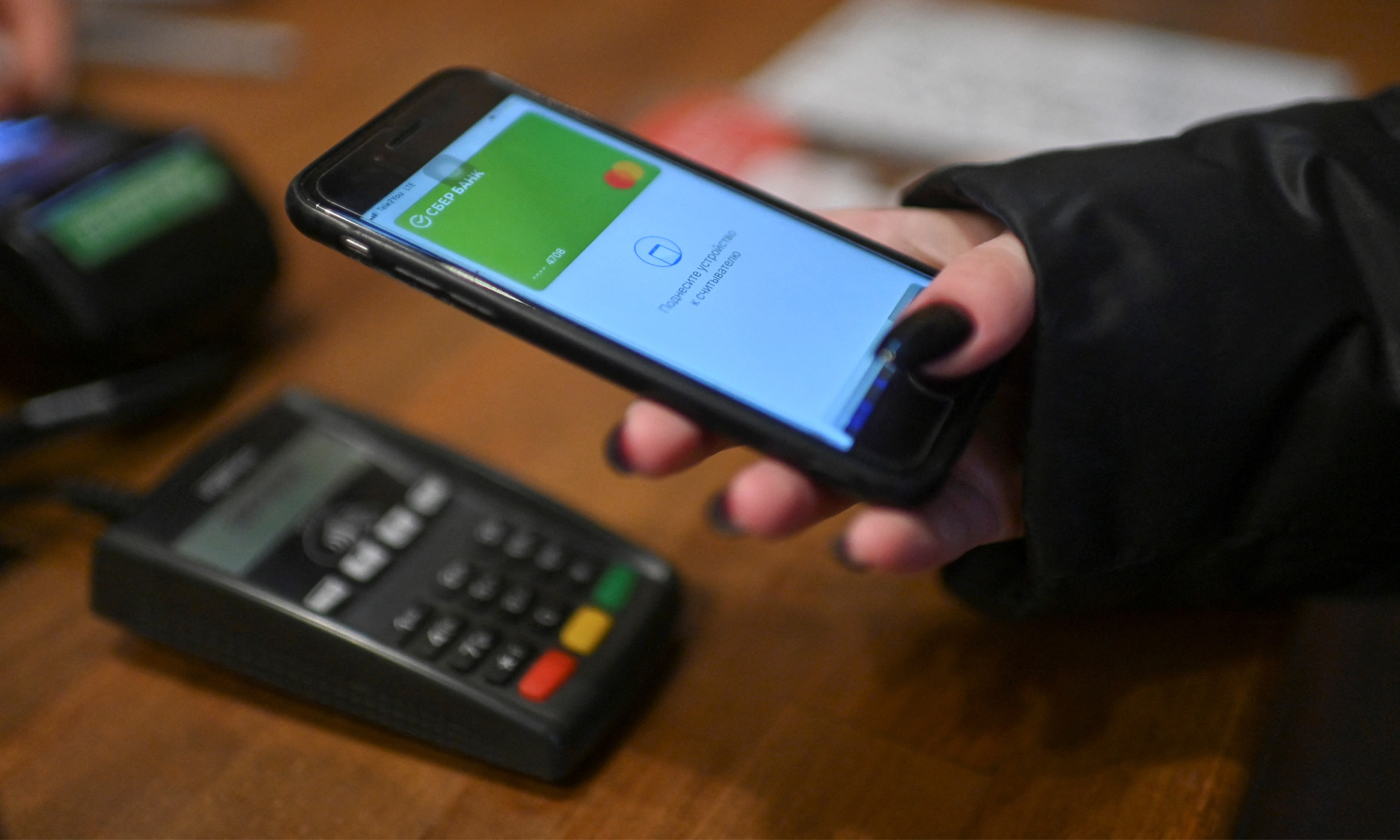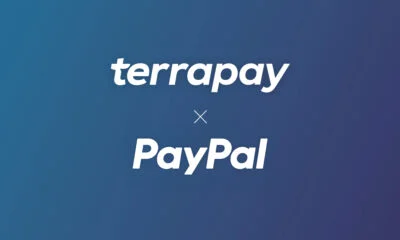News
Tourists Can Now Use Their Home E-Wallets In The UAE
A new partnership between Ant Group, Astra Tech and G42 enables seamless transactions for visitors without the hassle of currency conversions.

Dubai-based technology investment company Astra Tech, backed by Abu Dhabi AI company G42, has partnered with Alibaba’s payment platform Ant Group to enable tourists in the United Arab Emirates to pay for goods and services using their home e-wallets.
The new service will help to avoid the hassle of currency conversion, integrating the Alipay cross-border payment platform with Astra Tech’s PayBy merchant network.
When the system goes live later this month, over 1.4 billion wallet users will be able to make seamless transactions in their home currencies in 3,000 retail establishments and make speedy payments for trips in Abu Dhabi’s fleet of 7,000 taxis.
“Our milestone collaboration with Alipay aligns perfectly with the UAE’s commitment to enhancing the payment ecosystem and fostering a commerce-friendly environment,” explained Abdallah Abu Sheikh, co-founder of Astra Tech and chief executive of Botim.
The new service will primarily cater to tourists from China, South Korea, the Philippines, Thailand, Malaysia, Singapore and Italy. However, anyone who signs up for an Alipay, MPay, Kakao Pay, GCash, TrueMoney, and Tinaba e-wallet can enjoy the service.
The Astra Tech and Ant Group partnership will facilitate speedy settlement processes and smooth mobile-based transactions through Alipay in physical and online settings. Meanwhile, both Alipay and PayBy plan to expand the service to further boost spending from Asian and European visitors.
Also Read: A Guide To Digital Payment Methods In The Middle East
“Our alliance with Astra Tech not only opens the doors to a seamless and integrated digital payment experience at physical stores in the Middle East, but also propels us towards a new era of strategic collaboration,” said Guoming Cheng, Ant Group’s general manager of Europe and the Middle East.
The UAE is the Middle East’s second-largest economy and has begun investing heavily to expand its tourism sector. In May, Sheikh Mohammed bin Rashid, Vice President and Ruler of Dubai, announced that tourism sector spending had risen 70% to Dh121 billion ($33 billion) in 2022 — the highest in the region.
News
Google Releases Veo 2 AI Video Tool To MENA Users
The state-of-the-art video generation model is now available in Gemini, offering realistic AI-generated videos with better physics, motion, and detail.

Starting today, users of Gemini Advanced in the MENA region — and globally — can tap into Veo 2, Google’s next-generation video model.
Originally unveiled in 2024, Veo 2 has now been fully integrated into Gemini, supporting multiple languages including Arabic and English. The rollout now brings Google’s most advanced video AI directly into the hands of everyday users.
Veo 2 builds on the foundations of its predecessor with a more sophisticated understanding of the physical world. It’s designed to produce high-fidelity video content with cinematic detail, realistic motion, and greater visual consistency across a wide range of subjects and styles. Whether recreating natural landscapes, human interactions, or stylized environments, the model is capable of interpreting and translating written prompts into eight-second 720p videos that feel almost handcrafted.
Users can generate content directly through the Gemini platform — either via the web or mobile apps. The experience is pretty straightforward: users enter a text-based prompt, and Veo 2 returns a video in 16:9 landscape format, delivered as an MP4 file. These aren’t just generic clips — they can reflect creative, abstract, or highly specific scenarios, making the tool especially useful for content creators, marketers, or anyone experimenting with visual storytelling.
Also Read: Getting Started With Google Gemini: A Beginner’s Guide
To ensure transparency, each video is embedded with SynthID — a digital watermark developed by Google’s DeepMind. The watermark is invisible to the human eye but persists across editing, compression, and sharing. It identifies the video as AI-generated, addressing concerns around misinformation and media authenticity.
While Veo 2 is still in its early phases of public rollout, the technology is part of a broader push by Google to democratize advanced AI tools. With text-to-image, code generation, and now video creation integrated into Gemini, Google is positioning the platform as a full-spectrum creative assistant.
Access to Veo 2 starts today and will continue expanding in the coming weeks. Interested users can try it out at gemini.google.com or through the Gemini app on Android and iOS.





















